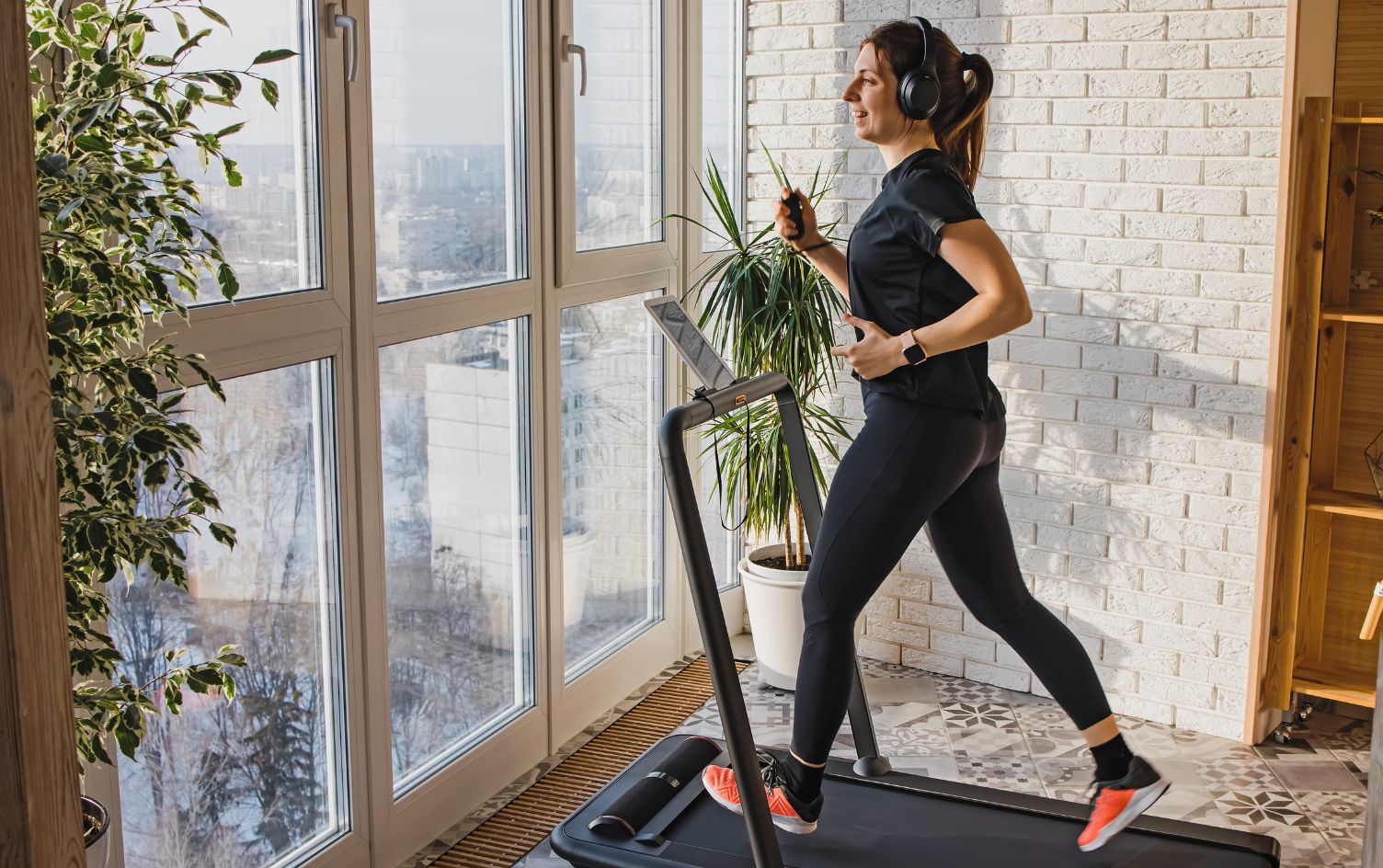The time of day you hit the gym could have an impact on the quality of your workout, according to research published in the October 2016 issue of Cell Metabolism.
Researchers discovered circadian clocks in the muscle tissue that regulate how well it adapts to changes in the environment and activities throughout a 24-hour period. “Our sleep/wake cycle is programmed by our internal biological clock,” says lead researcher Joe Bass, MD, PhD, the chief of the Division of Endocrinology, Metabolism and Molecular Medicine at the Feinberg School of Medicine at Northwestern University. “There is a similar clock in the muscle tissue.”
Your body uses oxygen to make energy; the more vigorously you exercise, the more oxygen you need — and the more quickly you run out. A dip in oxygen triggers the muscles to use sugar for energy and increases lactic acid, which causes muscle fatigue and muscle aches.
When oxygen is running low, Bass says: “Your cells need to turn on a switch that says to your body, ‘we need more oxygen,’ and the ability to turn on that switch is critically dependent on what time of day it is. Your internal clock regulates how well your muscles can mobilize energy.”
SO, WHAT TIME OF DAY IS BEST FOR A WORKOUT?
Researchers tested that question by studying mice running on a treadmill at different times of day.
Looking at the muscle fibers allowed the researchers to determine how well the muscles processed fuels like sugar and fat based on what time the mice exercised. Their findings revealed that the nocturnal rodents were more efficient at turning on genes that helped them adapt to movement and use oxygen for energy after the sun went down.
Since people have a sleep/wake cycle opposite of a mouse, our muscles should respond most efficiently to workouts during daylight hours. (Bass cautions that the science is based on animal research and so far unproven in humans, but he believes the data could be applied to human workouts.)
Even small disruptions to the circadian clocks in the cells can impede performance. Bass uses jet lag as an example: An athlete who is accustomed to running at 7 a.m. in New York who then travels to San Francisco will not perform as well in a race that starts at 7 a.m. Pacific time.
“For each hour of time zone change, it takes your circadian clock one day to adjust.”
“The research has implications for athletic performance because there is an interplay between the internal clock and performance,” Bass says. “For each hour of time-zone change, it takes your circadian clock one day to adjust; a three-hour time difference means it’ll take three days to get your performance back to normal.”
Remember this research the next time you schedule a workout — and consider it permission to sleep through those predawn Spinning classes for ones during your lunch hour.




